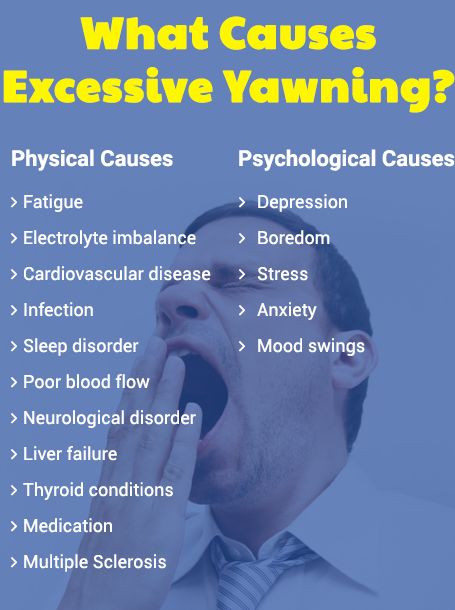
Introduction
Yawning is a reflex act of inhaling deeply and exhaling audibly. It is a common phenomenon that most people experience regularly. However, the reasons behind this act are still unclear. In this article, we will discuss some of the theories and scientific explanations behind yawning.
Theories behind yawning

There are various theories proposed by scientists to explain the reasons behind yawning. Some of these include:
- Cooling down the brain: According to this theory, yawning helps to cool down the brain and regulate its temperature. When we are tired or feeling sleepy, our brain temperature rises, and yawning helps to bring it back to normal.
- Oxygenating the blood: Another theory suggests that yawning helps to oxygenate the blood and increase the amount of oxygen in our body. This helps to improve our alertness and mental clarity.
- Communicating tiredness: Yawning is also believed to be a way of communicating tiredness or boredom to others. It is often contagious and can spread quickly in a group of people.
The role of the brain in yawning

The brain plays a significant role in yawning. It is controlled by a group of neurons called the hypothalamus, which is responsible for regulating various bodily functions, including sleep and arousal. When we yawn, the hypothalamus sends a signal to the brain to trigger the act of yawning.
The contagious nature of yawning

One of the most fascinating aspects of yawning is its contagious nature. It is often seen that when one person yawns, others around them also start yawning. This phenomenon is known as contagious yawning and is believed to be a sign of empathy and social bonding.
The connection between yawning and sleep

Yawning is often associated with sleep and fatigue. When we are tired or sleepy, our brain temperature rises, and yawning helps to cool it down. It is also believed that yawning helps to prepare our body for sleep by relaxing our muscles and slowing down our heart rate.
The role of age and gender in yawning

Studies have shown that age and gender play a significant role in yawning. Men tend to yawn more than women, and older people tend to yawn less than younger ones. It is believed that this could be due to changes in brain chemistry and hormonal levels.
The connection between yawning and empathy

As mentioned earlier, contagious yawning is believed to be a sign of empathy and social bonding. Studies have shown that people who score high on empathy tests tend to be more susceptible to contagious yawning. This suggests that yawning could be a way of expressing empathy and connecting with others.
The effects of medication on yawning

Some medications, such as antidepressants and antipsychotics, have been found to increase the frequency of yawning. This could be due to changes in brain chemistry and the way the medication affects the hypothalamus. However, the exact reasons are still unclear.
The connection between yawning and stress

Studies have shown that yawning could be a way of coping with stress. When we are stressed, our body produces high levels of cortisol, which can affect our brain chemistry and cause fatigue. Yawning helps to release tension and reduce stress by increasing the flow of oxygen to the brain.
The role of yawning in animals

Yawning is not just limited to humans; it is also seen in various animals, including dogs, cats, and even fish. However, the reasons behind yawning in animals are still unclear. Some scientists believe that it could be a way of increasing alertness and arousal, while others suggest that it could be a way of communicating with other animals.
The connection between yawning and exercise

Yawning is also seen to increase during and after exercise. This could be due to the increased demand for oxygen in our body during physical activity. Yawning helps to bring in more oxygen and improve our performance.
The effects of sleep deprivation on yawning

People who suffer from sleep deprivation tend to yawn more frequently. This could be due to the increased demand for oxygen in their body as a result of fatigue. Yawning helps to bring in more oxygen and improve their alertness.
Conclusion
Yawning is a fascinating phenomenon that is still not fully understood by science. While there are various theories and explanations behind yawning, the exact reasons are still unclear. However, it is clear that yawning plays an important role in regulating various bodily functions and expressing empathy and social bonding.